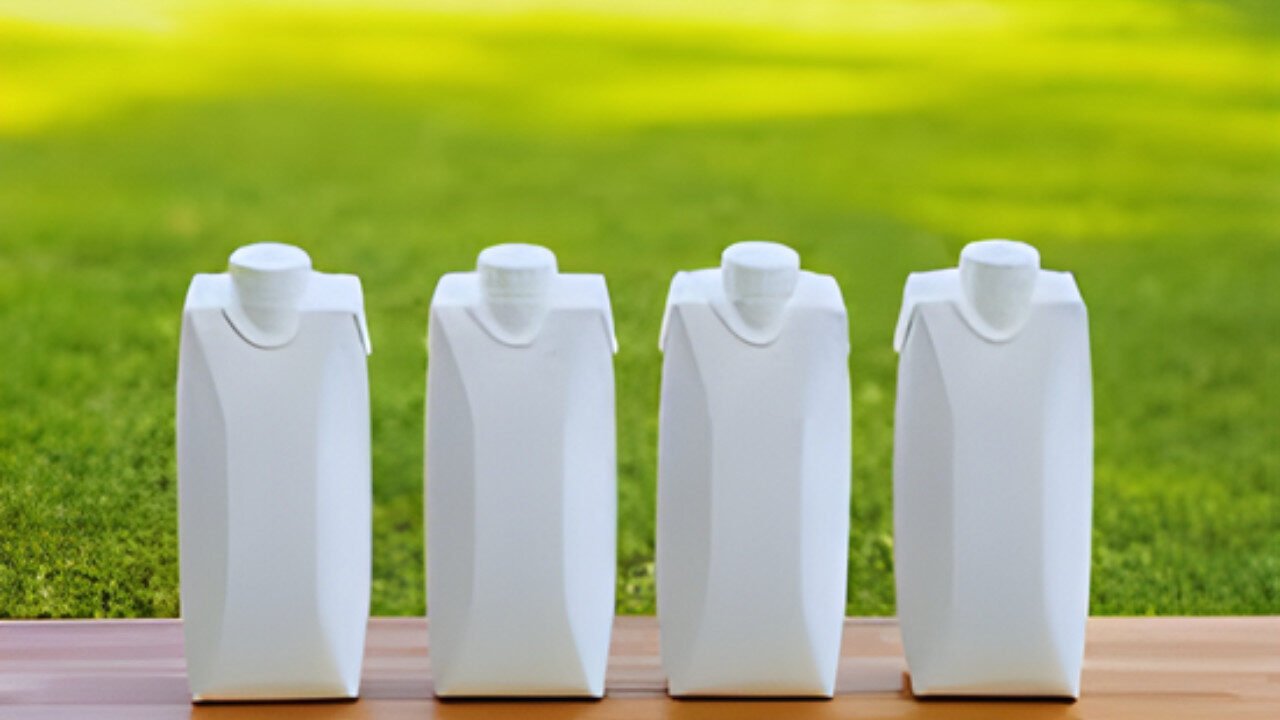By Muhammad Luqman
Pakistan produces around 70 billion liters of milk each year, yet most of the country’s 124 million people still do not have access to safe milk. Less than 10 percent of milk is pasteurized before it reaches the market.
Experts say the biggest problem is Pakistan’s informal and unregulated dairy supply chain. Over 90 percent of milk is sold as loose, raw milk by traditional milkmen, with little or no quality checks.
“Pasteurization — heating milk to a certain temperature for a set time — kills harmful bacteria that can cause diseases like typhoid and tuberculosis,” explained Dr. Muhammad Junaid, a dairy expert with the Federal Ministry of National Food Security and Research, in an interview with this reporter.
Dr. Junaid added that Pakistan’s pasteurization industry is too small to meet the growing demand, especially in cities like Karachi, Lahore, Faisalabad, and Rawalpindi.
“The industry is capital-intensive, so the number of pasteurization units hasn’t grown quickly,” he said.
He also pointed out that Pakistan lacks proper cold-chain and testing facilities. Without refrigeration and safe transport, raw milk spoils quickly.
To prevent spoilage, middlemen often add harmful substances like ice, soda, or even formalin.
As a result, the combination of informal supply chains and weak enforcement of food safety laws has led to widespread consumption of unsafe milk.
Experts warn this is contributing to health problems and malnutrition across the country.
Processed milk accounts for less than 10 percent of total consumption, leaving existing processing plants underused and discouraging new investment.
“The formal milk market is small and dominated by just two companies controlling over 90 percent of UHT milk sales,” said Dr. Shehzad Amin, CEO of the Pakistan Dairy Association, told this reporter.
He added that poor regulation allows unpasteurized milk to dominate the market.
“The Punjab Pasteurization Act 2017 was meant to ban loose milk and require pasteurization, but it has not been implemented,” he said.
Dr. Amin called for public awareness campaigns to educate people about the health benefits of processed milk.
He also suggested removing the 18 percent General Sales Tax (GST) on packaged milk, which has caused a 20 percent drop in sales. “Removing the GST could lower prices and make safe milk more affordable,” he said.
Nutrition experts share these concerns. Dr. Ali Haider, a Lahore-based nutritionist, said that unpasteurized milk with high bacteria levels is a major cause of digestive problems and allergies. “Many diseases linked to digestion and allergies can be prevented by drinking pasteurized milk,” he explained.
Cultural habits also affect milk choices. Dr. Haider said many people prefer boiling loose milk because it produces a creamy layer, called ‘malai’.
Packaged UHT milk doesn’t create malai due to homogenization, and many believe that tea or yogurt made with loose milk tastes better.
Meanwhile, the Punjab Food Authority (PFA) has stepped up its efforts against adulterated milk.
A PFA spokesperson told this reporter that over 500,000 dairy points, shops, and collection centers have been inspected since January 1, with fines of Rs267 million imposed on sellers of contaminated milk.
Experts stress that to provide safe milk for everyone, Pakistan must expand pasteurization facilities, strengthen cold-chain systems, enforce food safety laws, and educate consumers about the dangers of unsafe milk.
Author Profile






